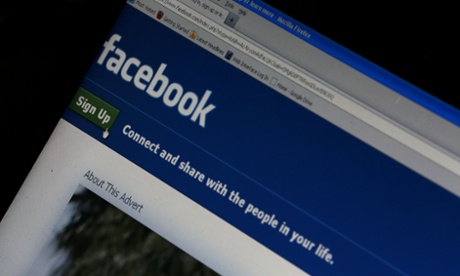
A couple of years ago, I found myself doing unpaid work, giving up my Saturday night with television and pad thai to stuff envelopes and check in guests instead.
I wasn’t doing volunteer work, or one of those bizarre internships where you run free errands for a billion-dollar shoe company in the hopes of climbing the corporate ladder. I was asked to work for free because I got caught accessing Facebook on the company computer during work hours. On my day off, my boss had accessed my internet browser history and printed out the evidence of my cardinal sin. She threatened to sue me for “stealing” company time unless I worked the following week, unpaid.
I obliged reluctantly and did so because I prided myself in having good work ethics, and was mortified that my 10 minute Facebook interlude had supposedly turned me into a slacker. I did not turn to the fair work ombudsman because I was ashamed of what happened; I blamed myself for not being good enough and doubted I could get a job anywhere else. I knew my boss was wrong to make me work for nothing, but between working irregular casual hours and coming home to a windowless room in a sharehouse, I didn’t have the energy to fight her. I let it go.
Last week, Australians joined in the global fight against mass surveillance by governments. But if you are in Australia, the chances are that it is your boss, not a Canberra bureaucrat, who is recording your movements on CCTV, screening your online footprints or geotracking your precise coordinates. Many employers now have IT policies that allow them to monitor your online activities out of work hours, and employer-issued smart phones and laptops make this exercise easier.
Or maybe your boss is a Canberra bureaucrat. Just last month, minister Eric Abetz issued guidelines to public servants about their online activities. In a professor Umbridge-style, public servants were told not to make a comment that is “so harsh or extreme in its criticism of the government, a member of parliament from another political party, or their respective policies”, that “it raises questions about the APS employee’s capacity to work professionally, efficiently or impartially”. What’s more, such comment “does not have to relate to the employee’s area of work” so it can extend to any comment on the infinite number of issues that the federal government looks after.
I can openly write about what happened now because I no longer work for my previous company. But there are more of us out there who are probably untweeting those tweets, unupdating those Facebook statuses and writing journals instead of blog entries, stashing them under the mattress because of what our employers might think.
Employer monitoring does not just offend our Orwellian sensitivities about privacy. It can hit you in a real and hard way, like being issued with a warning and being fired. Why would you want to be the guinea pig for testing what is considered to be “so harsh or extreme in its criticism” when your livelihood and professional reputation are at stake?
Our laws aren’t particularly helpful when it comes to employer surveillance. In New South Wales, employers have to give prior notice of surveillance but they don’t need employees’ consent. In Victoria, employers can’t use CCTV cameras in toilets or change rooms, so at least employees know where to go if they want to gossip.
Employers should stop treating their employees like children loose on the playground, and our laws shouldn’t stop at banning CCTV cameras in toilet cubicles. Until then, we may have to go back to writing in journals and hiding them under our mattresses.

